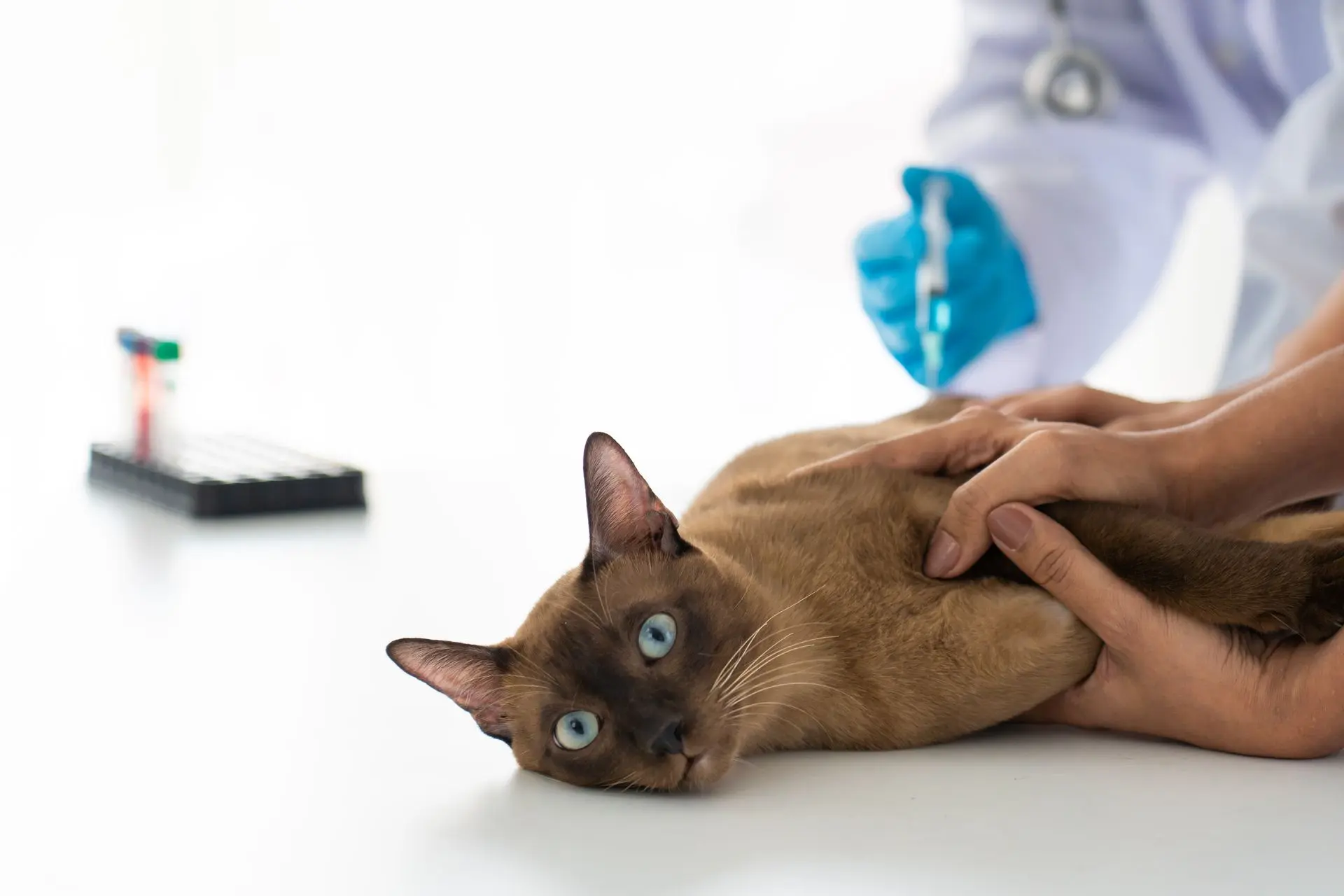- Contribution of Livestock Sector to National Economy :
The livestock sector contributes about 12% of Kenya’s Gross Domestic Product (GDP), 40% to the agricultural GDP and employs 50% of agricultural labor force. About 60% of Kenya’s livestock herd is found in the arid and semi-arid lands (ASALs), which constitute about 80% of the country. It is estimated that 10 million Kenyans living in the ASALs derive their livelihood largely from livestock. Livestock play important roles in Kenya’s socio-economic development and contribute towards household food and nutritional security.
The stakeholders in the sector have recognized the role that a vibrant livestock industry can play to reverse the poverty levels and contribute to the nation’s economic growth. The recognition is emphasized in various government policy documents such as the ninth National Development Plan – 2002 -2008, Poverty Reduction Strategy Paper (PRSP), Economic Recovery Strategy for Wealth and Employment Creation (ERSWEC) -2003 to 2007, Strategy for Revitalizing Agriculture (SRA) 2004 – 2014, Kenya Vision 2030, Millennium Development Goals (MDGs) and the National Livestock Policy (NLP).
Despite the economic significance, the major challenge is livestock disease outbreaks. For instance, Kenya experienced two major disease outbreaks over the past two years resulting in the imposition of disease-related export restrictions. These had a negative impact on recovery of trade in livestock and livestock products.
- Supportive role in Livestock Production :
Kenya possesses one of the best livestock industries in East and Central Africa. However, diseases which exist either in enzootic or epidemic states are the major constrains in livestock production. Nevertheless, these diseases can either be controlled by vaccination or treatment. Vaccination is the most sustainable method of control and covers large proportions of animal herds. Most common livestock vaccines developed in Kenya and are manufactured by the Institute include: Rinderpest vaccine, Contagious Bovine Pleuropneumonia and Contagious Caprine Pleuropneumonia. The Institute owns seed stock.
- Supportive role in Food Security :
KEVEVAPI contributes to the food security and sustainable livelihoods of Kenyans by provision of vaccines used in control of major diseases in cattle, small ruminants and poultry.
- Role in Management of Zoonotic Diseases :
Rabies and Rift Valley Fever are two important diseases of animals that are transmissible to man. The Institute manufactures both RVF and rabies vaccines. The wide usage of vaccine against rabies disease has resulted in the dramatic reduction of human cases in Kenya. The Institute’s quick response in production of recent RVF vaccine greatly influenced the control of RVF epidemics in both Kenya and Tanzania.
- Control of Notifiable and Emerging Disease Outbreaks :
An outbreak of any notifiable disease in the country is a great challenge to livestock production, export markets as well as in the cost of sanitary measures taken to contain the disease. To forestall such losses, quantities of veterinary vaccines for strategic use must be readily available for control of notifiable disease outbreaks. Indeed, the government’s perception expects the Institute to produce adequate reserves of vaccines for strategic use by the Director of Veterinary Services for public good. The strategic vaccines reserve includes those against: Foot and Mouth, Rinderpest, Contagious Bovine Pleuropneumonia, Rabies, Rift Valley Fever, Blue Tongue, LSD, PPR and New Castle.
Our Core Values
In conducting its functions, the Institute will uphold the following guiding principles :
- Loyalty
- Honesty
- Team work and commitment
- Professionalism
- Innovativeness
- Integrity, Accountability and transparency
- Partnerships
- Corporate Social Responsibility
Our Core Functions
The Institute is expected to deliver on the following :
- Co-ordinate and take charge of all veterinary vaccines production in the country.
- Research, either alone or in collaboration with other research institutions, into new innovations of veterinary vaccines production.
- Develop and produce chemicals, media and laboratory products for use in the production of vaccines and other veterinary products.
- Market and distribute veterinary vaccines locally and abroad.
- Provide information in the field in other activities as the Board with the approval of the President may determine.
Our Vision
A globally recognized institute in the production and supply of high quality and affordable veterinary vaccines and services.
Our Mandate
The Kenya Veterinary Vaccines Production Institute (KEVEVAPI) derives it mandate under the State Corporations Act, Cap 446 of the laws of Kenya through legal notice No. 223 of 4th June, 1990.
